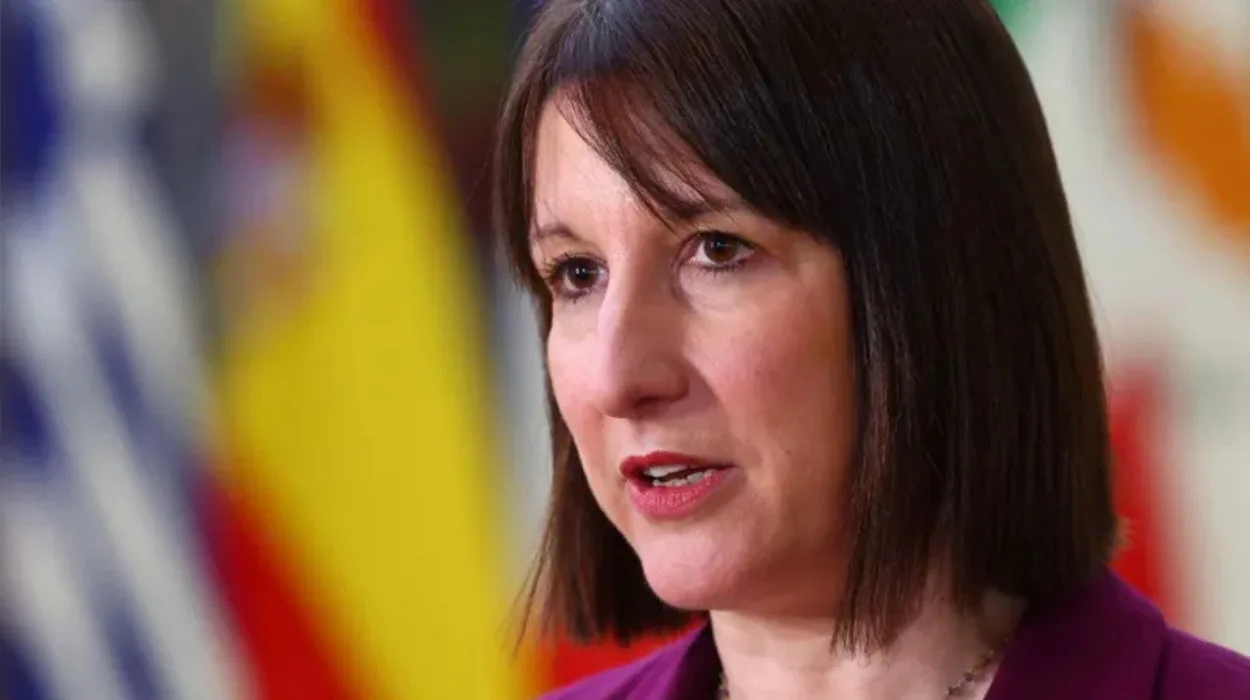London (Parliament Politics Magazine) – Rachel Reeves initiates a spending review from private sector experts, pushing government departments to cut 5% waste and modernise public services.
Chancellor Reeves directs Whitehall departments to submit spending plans to private sector “challenge panels” as part of her budget overhaul.
Launching the spending review, the chancellor pledges tough action on waste by closely observing every department’s spending.
In her spending review through 2029, she will ask departments to cut 5% from their current budgets through efficiency savings, and an independent committee will be formed to assess the proposals and offer recommendations.
Former senior bankers will be part of panels to scrutinise department budgets and recommend essential spending.
As reported by The Guardian, Ms. Reeves said,
“The previous government allowed millions of pounds of taxpayers’ money to go to waste on poor value for money projects. We will not tolerate it.”
She added,
“By reforming our public services, we will ensure they are up to scratch for modern-day demands, saving money and delivering better services for people across the country. That’s why we will inspect every pound of government spend, so that it goes to the right places and we put an end to all waste.”
According to the Treasury, the expert panels will consist of former senior executives from Lloyds Banking Group, Barclays, and the Co-operative Group, some of whom are already working with the government.
Other potential members of the panels include Richard Pennycook, the former Co-op CEO and current lead non-executive at the Department for Education, and Karina McTeague, former Lloyds and Visa executive, who now serves as a non-executive director at the Department for Business and Trade.
While outlining the spending review details, the Treasury warned,
“Departments will be instructed to stop spending that doesn’t contribute to key priorities.”
Prime Minister Sir Keir Starmer revealed his “Plan for Change” last week, which includes six milestones to reach before the next election.
The proposal includes putting more money in workers’s pockets, building 1.5 million homes in England, and ensuring 92% of NHS patients are treated within 18 weeks.
The Treasury moves to bring in private sector help to reduce waste, as Tesla CEO, Elon Musk prepares to lead cost-cutting initiatives in the US as co-chair of the Department of Government Efficiency.
Although the date for the spending review is not confirmed, the Chancellor is expected to announce it in the first half of next year.
In her October Budget, the chancellor revealed £40bn in tax hikes to support public services, NHS and schools.
The chancellor admitted the budget
“wasn’t the sort we would want to repeat,”
but argued it was needed to fix a £22bn gap in the public finances left by the previous Conservative administration.
In a statement last week, Sir Keir Starmer stated,
“I don’t want to suggest we’re going to keep coming back for more because that isn’t the plan.”
He added,
“Everyone knows there are things we can’t see now, but I can tell you our intention was to do the tough stuff in that budget, not keep coming back.”
While the Conservatives argue that Rachel
“hasn’t got a grip on her own departments or hasn’t worked out how she is going to make Labour’s sums add up without coming back to the country with more taxes and more borrowing.”
Richard Fuller, Shadow Treasury minister stated,
“Delivering value for money for the taxpayer is a noble goal.”
He added,
“But Rachel Reeves’ record so far has been to dole out inflation-busting pay rises to Labour’s union paymasters whilst mandating nothing in return, and making no reforms to public sector productivity or welfare spending.”
Daisy Cooper, a spokesperson from the Liberal Democrat Treasury warned the government against cutting social care, calling it a “false economy that will only put people at risk and damage the public finances.”
She argued that by properly investing in social care, billions of pounds could be saved in the NHS budget.
After Cabinet Office minister Pat McFadden’s speech, where he urged the government to operate “more like a startup,” the spending review was initiated.


